Updated Trade Landing Spots for Vancouver Canucks Forward Brock Boeser
Updated Trade Landing Spots for Vancouver Canucks Forward Brock Boeser
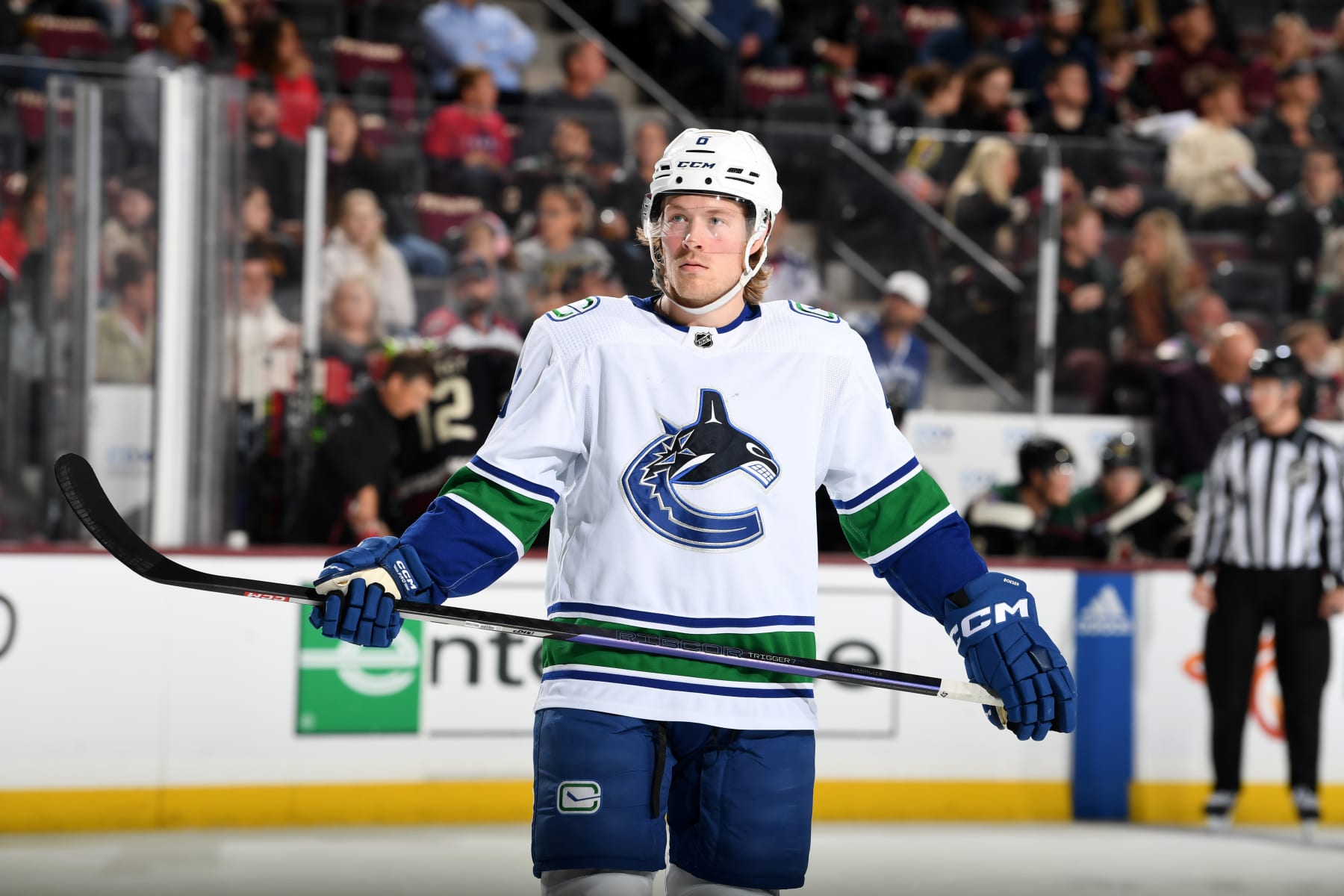
Trade rumors have dogged Brock Boeser stretching back to last season. The 26-year-old Vancouver Canucks right winger was the hot topic of media speculation leading to the March 3 trade deadline.
Deadline day passed with Boeser still a member of the Canucks. During his season-ending interview with the media last month, Boeser admitted he didn't want to be traded and was pleased that he wasn't moved before the deadline. However, that didn't stop the conjecture about his future.
With the Canucks carrying $84.2 million in projected cap hit invested in 18 active roster players, they're already above next season's $83.5 million salary cap. That's why there's so much talk about trading Boeser and his $6.7 million average annual value through 2024-25 in a cost-cutting move.
The Canucks could get some cap relief if sidelined players like Tanner Pearson or Ilya Mikheyev remain on long-term injury reserve for next season. However, they must ensure they can free up sufficient cap space for when those players are ready to return to action.
It's possible the Canucks find another way to free up cap space without moving Boeser. However, they might not have much choice, especially if there is interest from clubs in need of a scoring winger. Those with limited cap space might insist on the Canucks retaining part of his cap hit. That could be worthwhile depending on the offers they receive.
Based on the Canucks' current situation, here's an updated list of possible landing spots for Boeser this summer and what the trades might look like. Feel free to weigh in with your thoughts in the comments section below.
Anaheim Ducks
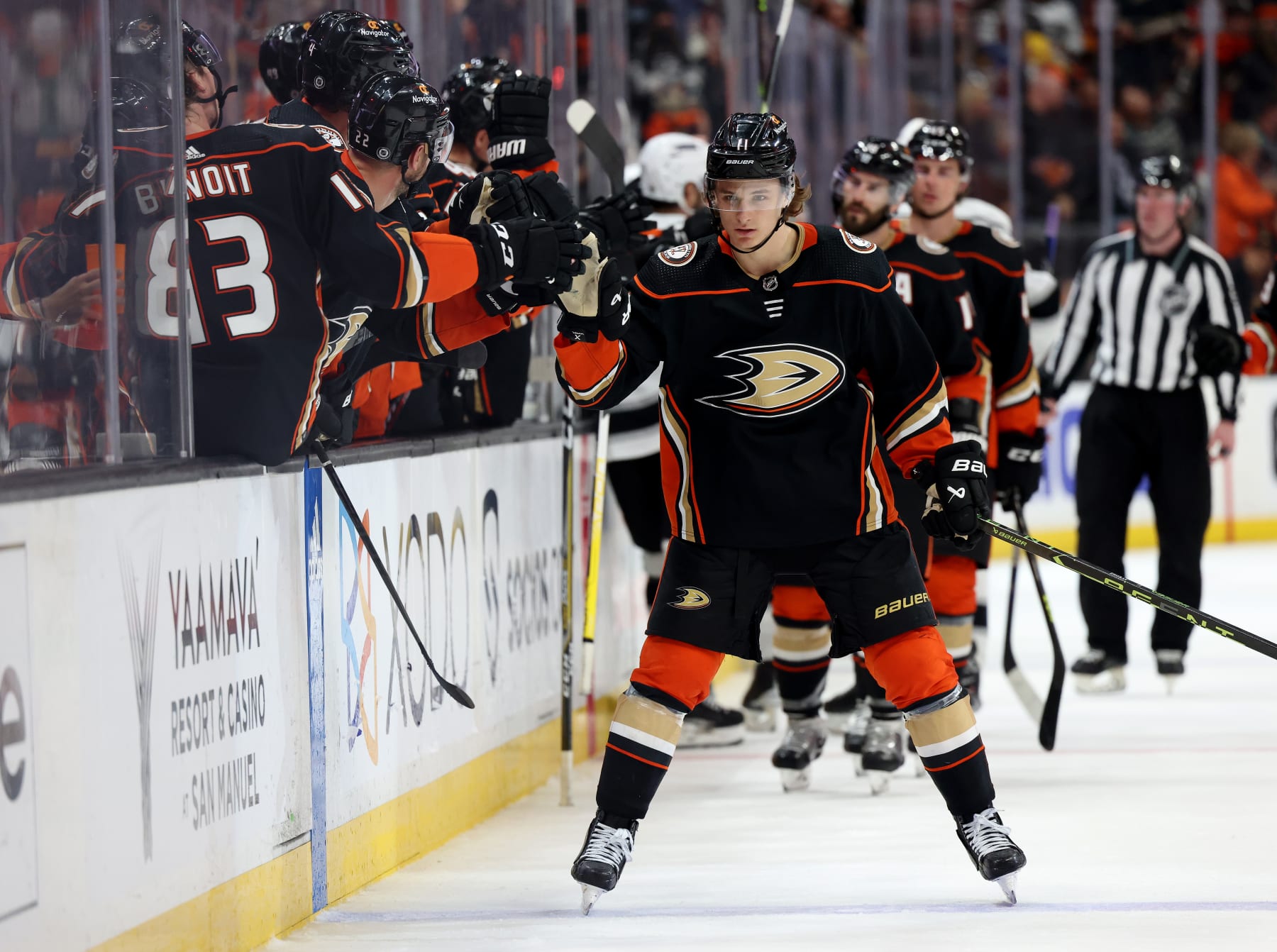
Anaheim Ducks general manager Pat Verbeek has been rebuilding his roster with youth. However, he could consider at some point adding a veteran or two in their twenties who could potentially become part of the club's long-term future.
Brock Boeser could be a good fit with the Ducks. They need to bolster their scoring after finishing 31st on the season with a 2.51 goals-per-game average. They currently have one true top-six right winger in 25-year-old Troy Terry. Verbeek could be on the lookout for a scoring winger to skate alongside Mason McTavish on the Ducks' second line.
With $39 million in projected salary-cap space and 15 players under contract, they can easily afford to take on his full cap hit. The Ducks have three second-round picks to draw on to build a trade package. They could also tempt the Canucks with promising right-hand shot defenseman Tristan Luneau.
A sticking point could be the remaining term of Boeser's contract. He's signed through 2024-25 but there's no guarantee he'll stick around beyond that as he'll be an unrestricted free agent when that contract ends. On the other hand, he might find it worthwhile to re-sign with the Ducks if he helps them build toward playoff contention over that period.
Minnesota Wild
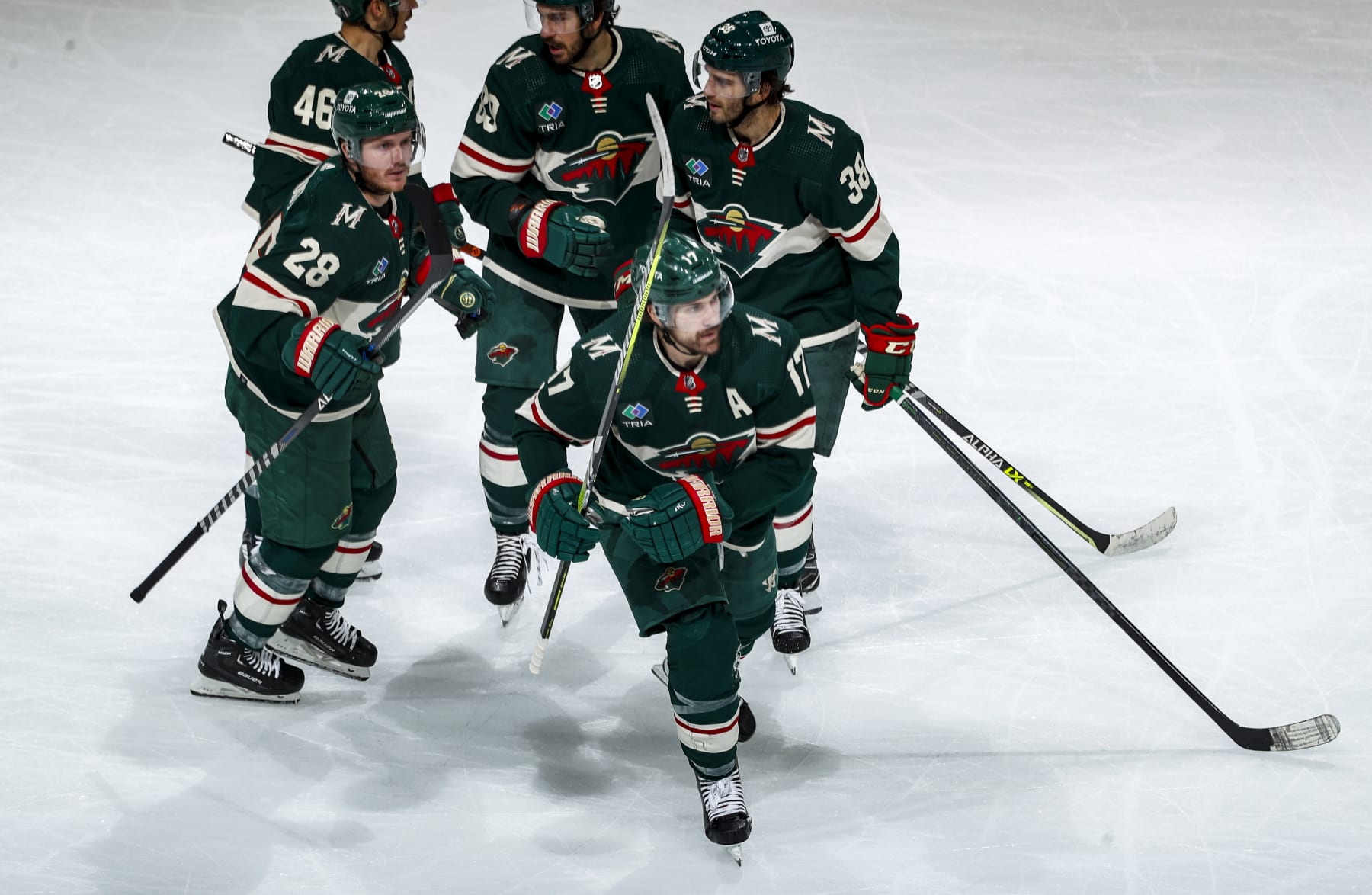
Brock Boeser was linked to the Minnesota Wild in the weeks leading up to the March 3 trade deadline. There were reports that Boeser's agent was working to facilitate a trade for his client to the Wild with the Canucks' consent. Nothing came of it and Boeser remains in Vancouver.
A Minnesota native, Boeser joining the Wild sounds like a match made in hockey heaven. However, that seems unlikely given their limited cap space for 2023-24. With just $9.1 million in cap space and 15 active roster players under contract, a deal that sends him home to the State of Hockey seems like a long shot.
Nevertheless, it's possible that the Wild and Canucks work something out this summer. Both clubs would have to get creative given their salary cap limitations. Perhaps the Wild take on Boeser's full cap hit if they can find a way to shed Alex Goligoski's $2 million cap hit and/or Marcus Foligno's $3.1 million. Both are slated to become UFAs next summer.
The Canucks could use more skill on the right side of their blue line. Maybe Wild blueliner Calen Addison would interest them as part of the return. He's a restricted free agent coming off his entry-level contract. The 23-year-old blueliner could be signed to an affordable short-term bridge deal.
New York Islanders
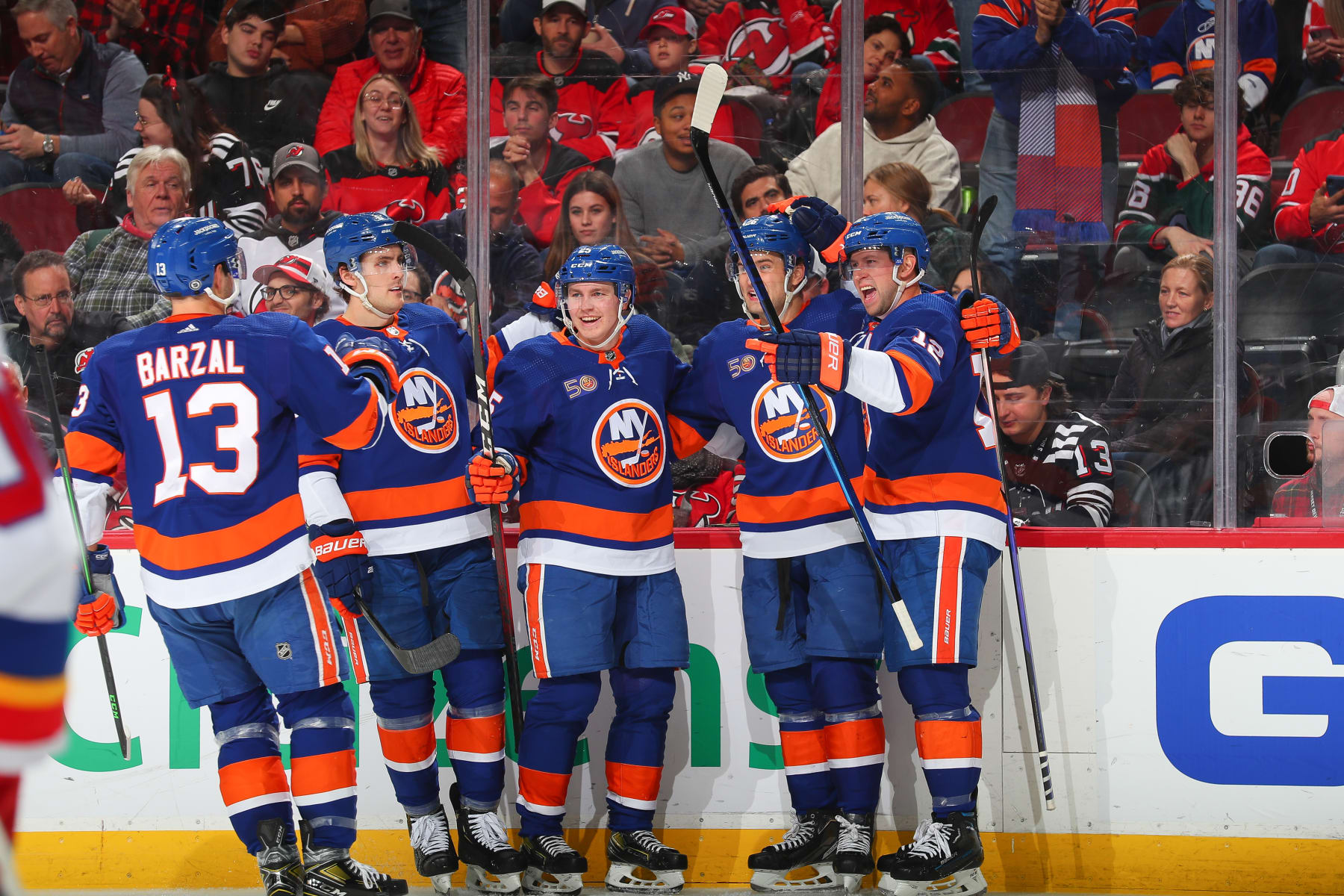
A lack of scoring punch hampered the New York Islanders in 2022-23. With a 2.95 goals-per-game average ranked 22nd overall, the Isles were the second-lowest playoff seed in the Eastern Conference. Their 2.50 goals-per-game is the fourth-lowest among the 16 playoff teams and contributed to their first-round elimination by the Carolina Hurricanes.
Bringing in Brock Boeser could address that problem. They could have him skate on the first line by using Mathew Barzal as their first-line center, drop Bo Horvat down to second-line center and shift Brock Nelson to Horvat's left wing. They could also put Boeser on Nelson's right wing on the second line.
Finding the cap space for Boeser could be an issue. The Islanders have just $5.3 million in projected cap space for next season with 20 active roster players under contract. If the Canucks won't retain part of Boeser's contract, the Isles could attempt to clear up some cap room by shopping veteran winger Josh Bailey and his $5 million cap hit to another team.
The Canucks and Isles have a recent trade history with the Horvat trade in January. Perhaps they could swing another deal here. Isles winger Oliver Wahlstrom, 23, might be of interest to the Canucks given his youth plus he's coming off an entry-level contract.
New York Rangers
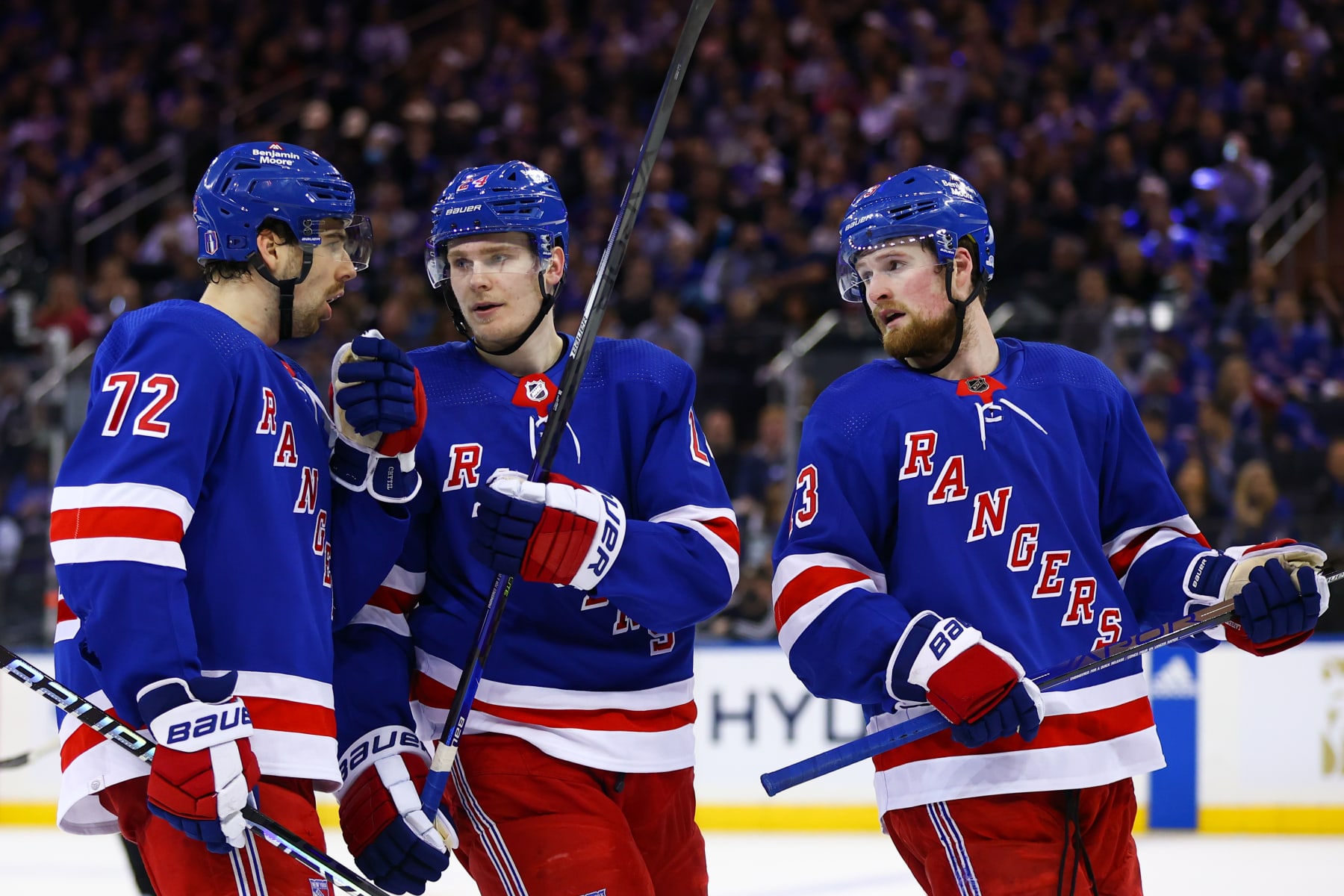
Prior to the March 3 trade deadline, the New York Rangers acquired Vladimir Tarasenko and Patrick Kane to address their need for top-six right wings. With Tarasenko and Kane eligible to become unrestricted free agents on July 1 and unlikely to return, the Rangers have an ongoing need for reliable scoring right wingers.
Brock Boeser could address that issue for them. With two years remaining on his contract, he'd be more than just a one-year rental player. Acquiring him this summer would allow him time to adjust to his new city and teammates from the start of training camp onward.
The Rangers would need to free up some cap room to acquire Boeser. They have a projected $11.8 million in cap space next season with 14 roster players under contract with restricted free agents K'Andre Miller and Alexis Lafrenière to re-sign.
Lafrenière has struggled with the Rangers in his brief NHL career and might benefit from a change of scenery. He could be part of a deal for Boeser provided they could get the Canucks to accept another salaried player as part of the return. Failing that, the Canucks would have to retain part of Boeser's cap hit.
Pittsburgh Penguins
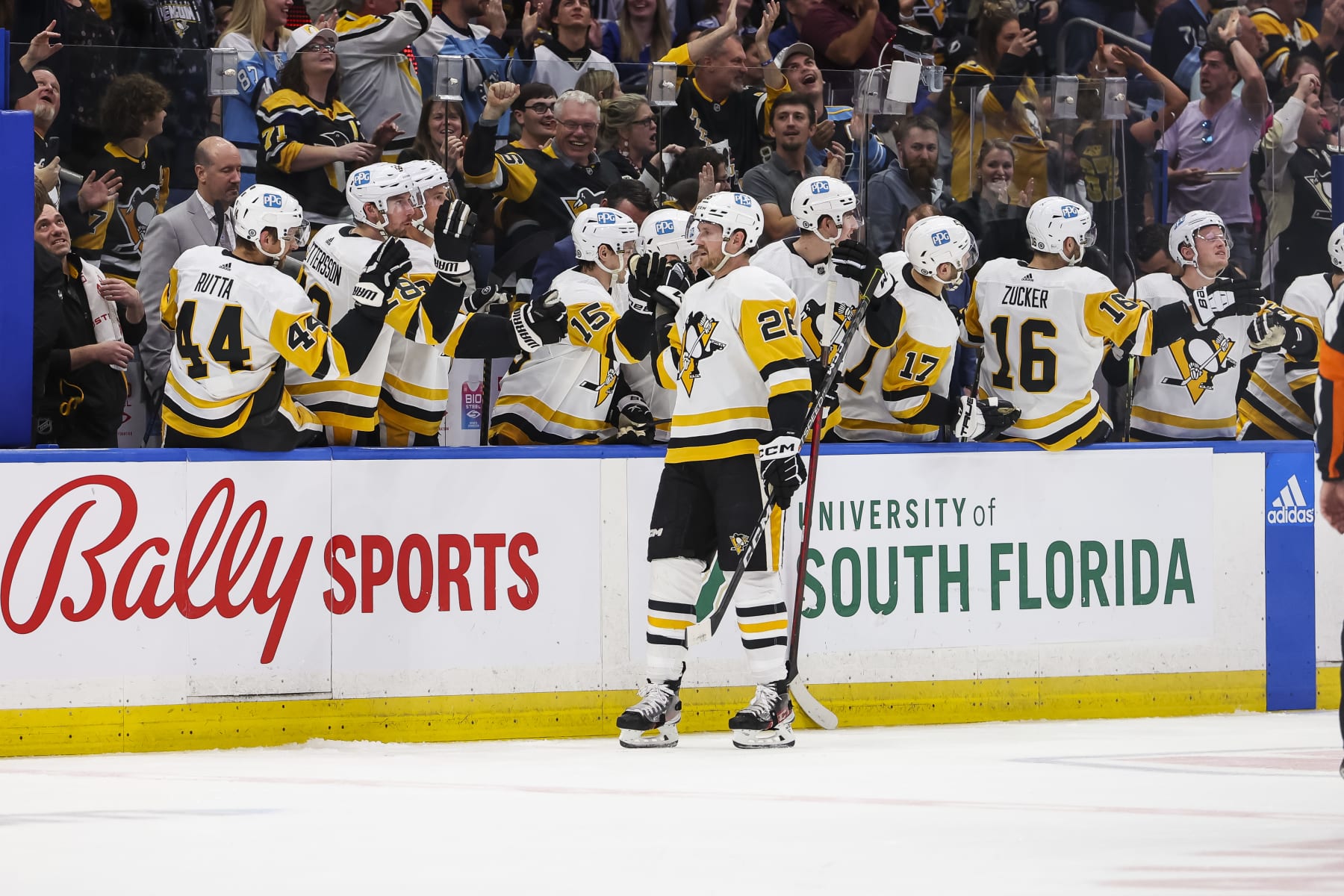
Shortly after the end of the regular season, the Pittsburgh Penguins fired Ron Hextall as general manager. They continue to search for a replacement who will likely be expected to bolster the roster depth around aging core stars Sidney Crosby, Evgeni Malkin and Kris Letang.
In other words, don't expect a roster rebuild for the Penguins. The next GM could seek younger talent to help the club stage a quick turnaround and return to playoff contention. Someone like Brock Boeser could be in their sights. They could shift Bryan Rust to left wing on the second line to make room for Boeser on the Crosby line.
The Penguins have a projected $20.2 million in cap space for 2023-24 with 15 roster regulars under contract. They could free up more if they can make a cost-cutting deal by moving winger Mikael Granlund or defenseman Jeff Petry. If the Canucks are willing to retain part of Boeser's salary, that could alleviate the Penguins' need to shed another contract.
What might tempt the Canucks into retaining part of Boeser's cap hit is the Penguins' 2023 first-round pick which sits 14th overall. If the Penguins are insistent on retooling for one last attempt at a Stanley Cup run with Crosby, Malkin and Letang, giving up that first-rounder may be their best trade chip to add an impact player.
Stats via NHL.com with salary info and line combinations via Cap Friendly.
